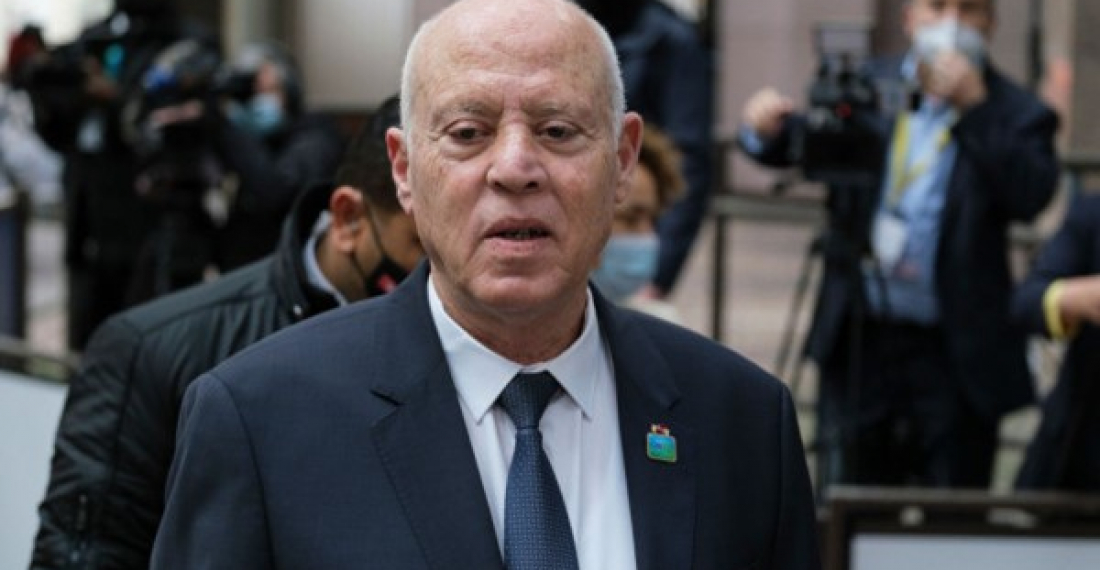Tunisian President Kais Saied asked for citizens' views in the drafting of the new constitution by organising an online multiple-choice questionnaire. However, the questionnaire is so far not very popular and considered by its opponents as a charade, with only 276,000 people out of 12 million Tunisians.
After dismissing the Parliament last year and subsequently ruling the country by decree, the Tunisian President set up a committee in December 2021 to propose a new constitution to the Tunisian people, who are expected to approve it by referendum in June 2022.
The 64-year-old president stated that his desire to change the constitution was a response to a decade of political and economic stagnation at the hands of a corrupt and self-serving elite.
His most fervent opponents - among them the powerful UGTT labour union - accuse Kais Saied of using this public consultation on the constitution as a facade of inclusiveness while the President imposes his own authoritarian political system.
If the June referendum were to result in a new constitution, it would replace the 2014 constitution, considered by Westerners and Tunisians at the time to be a sound example of compromise between Tunisia's conflicting political factions, thus avoiding a dangerous polarisation.
However, the compromises reached in crafting the 2014 constitution led to some parliamentary paralysis, due to the introduction of a mixed parliamentary and presidential system.
Therefore, when Kais Saied won in the second round of the presidential election in 2019 by a wide margin, his victory was interpreted by observers as a rejection of the entire Tunisian political elite.
In fact, one of the questions in the online questionnaire on the constitution asks whether citizens prefer a parliamentary, presidential, or mixed system.
However, Tunisians’ concerns do not seem to focus on constitutional issues but rather on more practical matters including high unemployment, inflation, and the shortage of certain goods. Many users wrote on the presidency's social media feed saying they were online, but needed bread.







